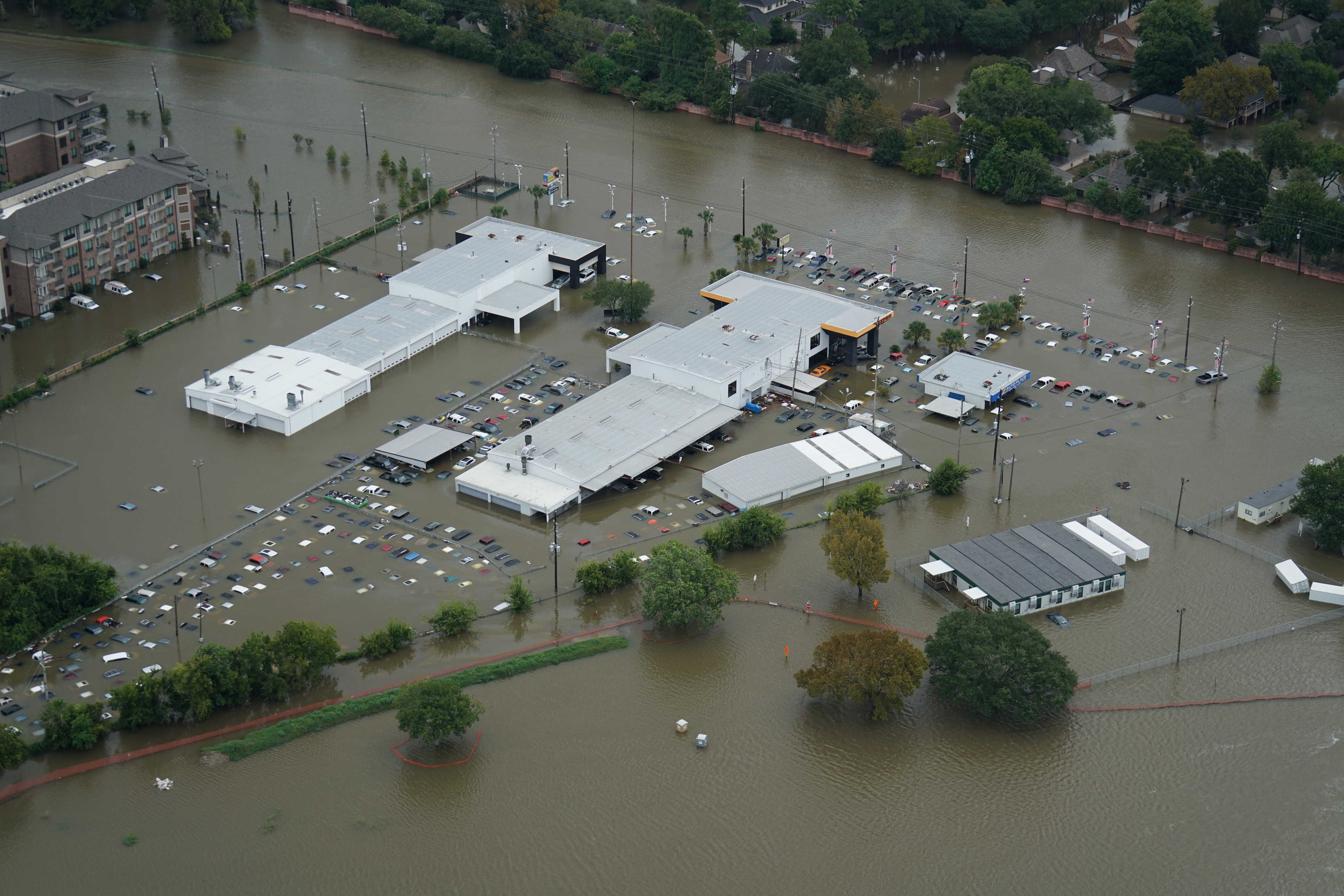
Examining the changing landscape of church-state separation in the wake of two record-breaking hurricanes

Church Executive’s outline of the Supreme Court decision in the Trinity Lutheran Church v Pauley case this past June noted that the Court’s holding would likely be very important in making it clear, ultimately, that government assistance programs can’t unfairly discriminate against churches.
Reduced to its essence, the Court said that churches are entitled to a level playing field when government grants or subsidies are offered. In other words, a church can’t be disqualified from participating simply because it’s a church, as the government isn’t allowed to be hostile toward churches any more than it can give them preferential treatment.
This holding is at the pivot point between the First Amendment’s “Establishment Clause” and its “Free Exercise Clause” in the sense that a government can’t discriminate against a church in an overabundance of caution that it not “establish” or favor religion. A slippery slope to be sure, but the Supreme Court has now
taken a major step toward making sure that churches aren’t treated as second-class citizens when government programs are administered.
We think a sea change will result following the Trinity Lutheran decision. This sea change might take years to culminate, but it’s likely to steadily reverse decades of semi-hostility toward churches when the courts have weighed in on how government programs must treat religious institutions.
Perhaps that bias was well-intentioned — an instinctual leaning against anything that hints at an “establishment” of religion. Even so, it arguably had the effect of treating churches unfairly, and in a way that many have felt is inconsistent with the other promise of the First Amendment, which is to forbid government interference with the free exercise of religious beliefs.
We just saw a real-world example of Trinity Lutheran’s impact when churches in Texas filed suit in the wake of hurricane Harvey’s devastation. That suit asks that Federal Emergency Management Agency’s (FEMA) grant program treat churches even-handedly, and no less favorably, than other non-profit organizations in Texas which are eligible for FEMA help.
Without doubt, we’ll see the same thing happen in the wake of Hurricane Irma. In this scenario, too, we’re guessing the courts will regularly be asked to level the playing field for other government programs where churches have historically been exempt from participating, such as scholarship and school assistance programs, funding for social services, and other government programs designed to help private organizations serve their communities.
Conversely, religious institutions can’t have their cake and eat it, too. Some government rules — for example, the rule making a charitable gift non-tax-deductible if the beneficiary supports political candidates — will continue to limit what those institutions are allowed to do. And while a FEMA grant probably wouldn’t be allowed to replace Bibles soaked by the flooding, it likely would be allowed to repair a church’s furnace, even when it heats the sanctuary. It will be like peeling an onion — tough to know exactly where to start and stop, but the courts can probably get it right if they stick to the basic guidepost: treat a church no more — or less — favorably than a charitable organization down the street which isn’t a religious institution.
This is an important topic for Church Executive in its focus on the management and “business” side of running a church. Government grants and subsidies and other programs can be an extremely valuable supplement to the financial and other resources churches need. And this is particularly the case when churches are increasingly asked to reach out to their communities and provide services which have been cut back or eliminated by shrinking public budgets.
— The Editors
Don’t forget to let us know what you think!


